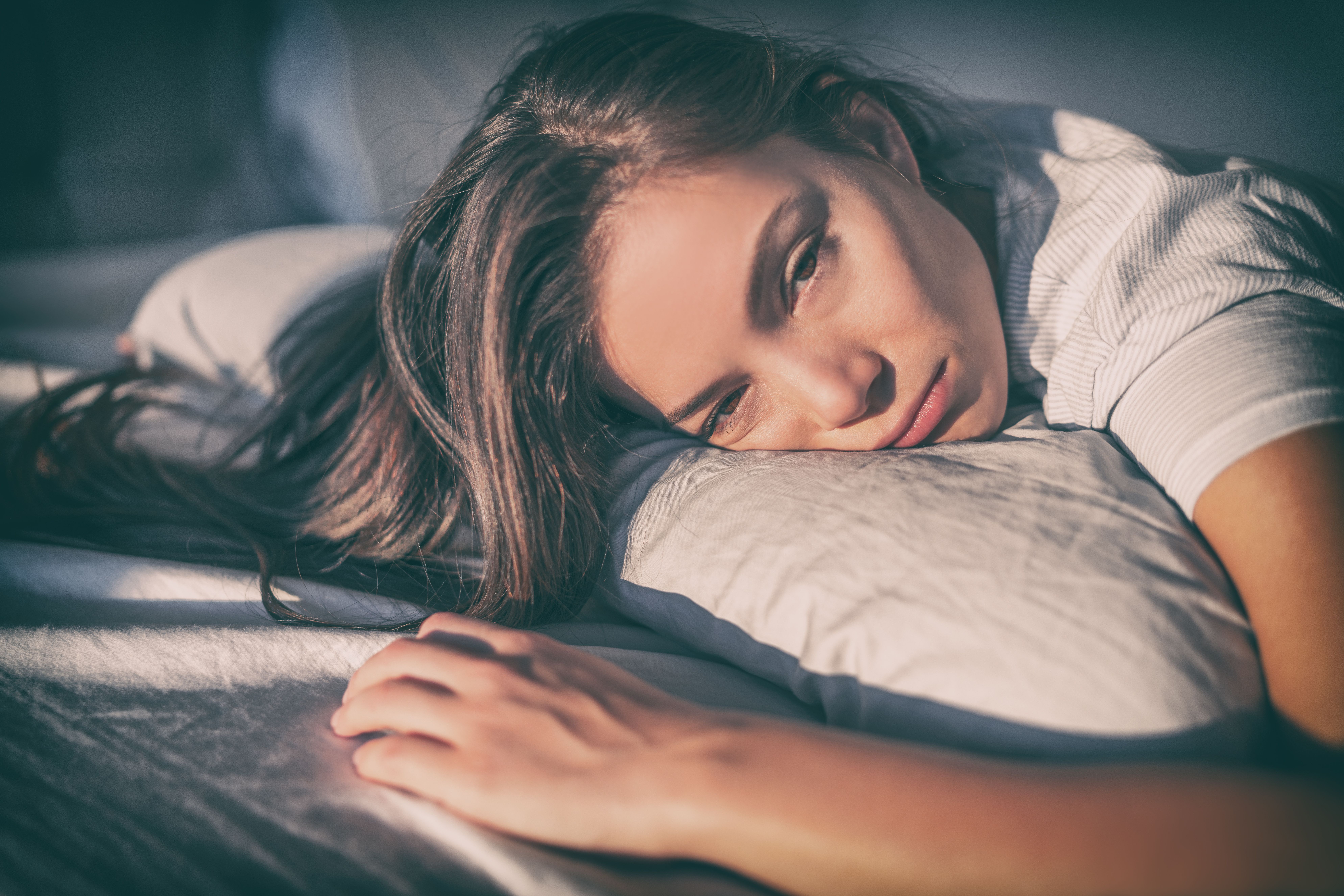Predicting failure to recover is TOTALLY FUCKING USELESS! Cure the fatigue problems! It's been known for years. I'd fire the lot of you for NOT solving stroke, just repeating research we already know about.
Hell we've known of post stroke fatigue for years. So solve the damn problem, instead of just telling us it exists.
At
least half of all stroke survivors experience fatigue Known since March 2017
Or is it 70%? Known since March 2015
Or is it 40%? Known since September 2017
The latest useless fucking shit here:
Predicting Daytime Sleepiness & Fatigue Post-Stroke
Cognitive and psychiatric symptoms at 3 months post-stroke might predict daytime sleepiness and fatigue at 12 months.

Maridav/AdobeStock
A recent study’s results indicate that self-reported cognitive and psychiatric symptoms 3 months post-stroke could be powerful predictors of increased post-stroke fatigue and daytime sleep at 12 months, which often impair patients' lives and rehabilitation.
“Self-reported cognitive and psychiatric symptoms at 3 months predict increased daytime sleep and fatigue at 12 months,” wrote the study authors.1 “This highlights the relevance of monitoring cognitive and psychiatric symptoms in the subacute phase post-stroke.”
Researchers evaluated 156 ischemic stroke patients without reported history of dementia or depression, and had them complete postal surveys 3- and 12-months post-stroke. Psychiatric symptoms were assessed with the Hospital Anxiety and Depression Scale (HADS) at 3 months. Self-reported changes in cognition compared to pre-stroke were assessed with single-item measures. At 12 months, researchers asked single-item questions about changes in self-reported difficulties sleeping at night, fatigue, and daytime sleep.
One of the most burdensome symptoms following stroke is fatigue,2 and almost half of all patients report experiencing it at some point post-stroke.3 Researchers noted whether self-reported cognitive and/or psychiatric symptoms at 3 months were associated with daytime sleep and fatigue at 12 months using multiple logistic regression. Then they fitted 2 structural equation models (SEMs) predicting fatigue and 2 models predicting daytime sleep. Out of 156 participants, 37.9% reported increased daytime sleep and 50.0% fatigue at 12 months. Increased psychiatric symptoms and worsened cognitive symptoms were associated with fatigue and daytime sleep at 12 months, after controlling for National Institutes of Health Stroke Scale, age, sex, and difficulties sleeping at night.
“Patients with minor stroke may especially benefit from interventions for cognitive and psychiatric symptoms that may have secondary benefits for preventing fatigue and daytime sleep in the long-term after stroke,” said the authors.1
This research indicates the need for an early self-report screening of psychiatric and/or cognitive difficulties, and a more extensive follow-up for those at risk. Furthermore, increased psychoeducation to heighten awareness of the importance of detecting and treating hidden psychiatric and cognitive symptoms after stroke, is needed.
No comments:
Post a Comment